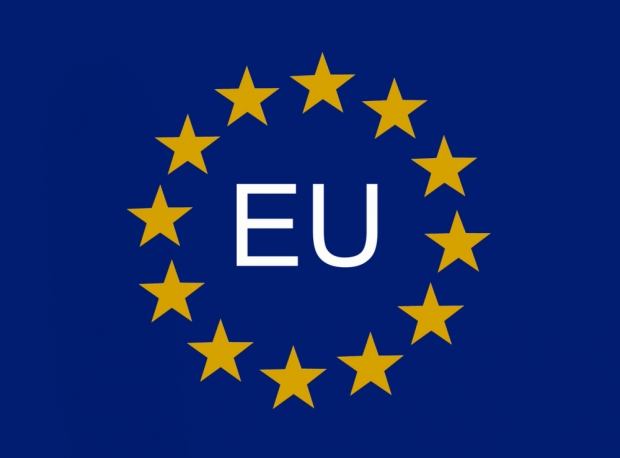The move was set up to protect old-style newspapers and news agencies by forcing those who make links to pay a tax on content. Article 11, which would require EU News outlets to pay a "link tax" just to share anything more than "insubstantial" snippets of published content, and Article 13, which would require that EU member countries implement the kind of automated copyright filters which are famous for breaking things. Other problematic measures were passed as well, including Article 12a, which prohibits sports fans from posting their photos or videos of sporting events online, while stating that only event "organisers" have the right to do so.
However while some variant of Article 11 and Article 13 is likely to be approved next spring, public pressure could force inclusion of additional safeguards for end users.
Member of the European Parliament Julia Reda told the press: "While the overall bill was adopted with a comfortable majority, the outcome was more narrow for the two controversial articles (366:297 and 393:279). Since the final vote will be close to the next European elections, that leaves open a small chance that massive public protest against these provisions may still convince MEPs to kill the entire bill."
If passed, individual EU countries will be able to interpret the Directive as they see fit, though Reda believes they will likely steer toward stricter interpretation.
"The real hope for repeal in my opinion is in the courts", author and activist Cory Doctorow said. "There's simply no way this passes EU Constitutional muster -- it's generalised filtering and mass surveillance by another name. The fact that they claim to be looking for 'infringement' doesn't change that."

